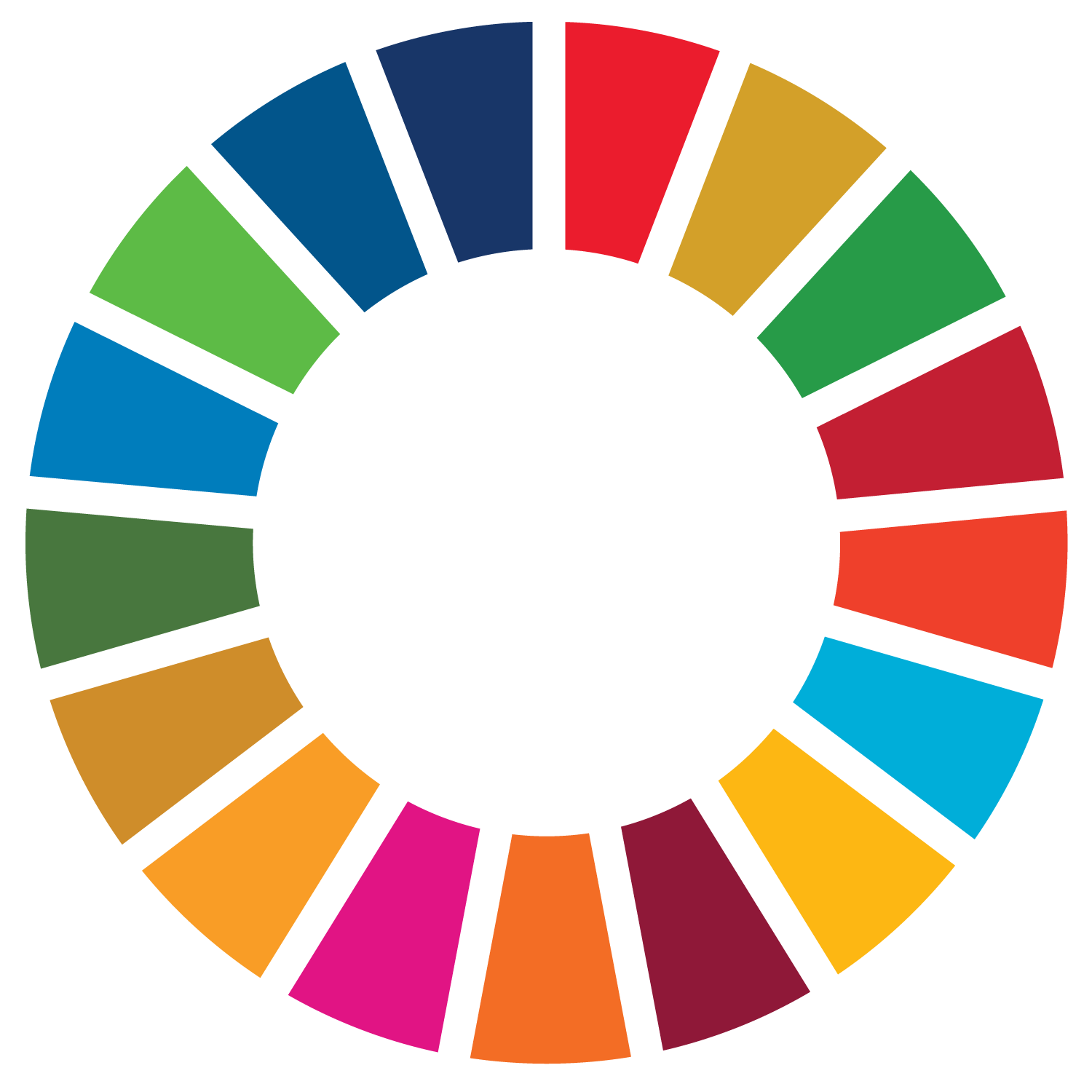Photo: Canva
In China, parts of Asia’s longest river, the Yangtse, are seeing record low water levels, causing disruption to hydropower, halting shipping and forcing major companies to suspend operations. Millions of people have faced power cuts. Meanwhile, in Germany, the Rhine’s unusually low level has affected shipping and the economy.
Across many parts of the planet in 2022, we have seen the cascading impacts of the climate crisis on freshwater ecosystems, with increasingly frequent and intense dry periods interspersed with floods and extreme precipitation. Over the past five years, one in five river basins has experienced fluctuations in surface water outside their natural range.
These examples highlight the dangers of taking freshwater ecosystems for granted, say environmental experts. As the world marked World Water Week, which ran from 23 August to 1 September in Stockholm, countries were urged to do more to protect their lakes, rivers and wetlands, that are often overlooked when it comes to conservation.
“Freshwater ecosystems have outsize benefits for society, climate, nature, biodiversity and economies, so protecting them is a top priority,” says Joakim Harlin, Chief of the Freshwater Ecosystems Unit at the United Nations Environment Programme (UNEP).
A further threat to surface water habitats – home to 10 per cent of all known species with 55 per cent of all fish relying on freshwater ecosystems for their survival – is pollution. UNEP research shows that around one-third of all rivers in Latin America, Africa and Asia suffer from severe pathogenic pollution. Severe organic pollution is found in around one-seventh of all rivers, and severe and moderate salinity pollution in around one-tenth of all rivers.
Read more of this UNEP story here.
Related Resources:
Safeguarding wetlands requires monitoring, protection, restoration, better management, finance, and government prioritization. Toolkits such as the Freshwater Ecosystems Explorer and collaboration with scientists, researchers and data analysts around the world supported by the UNEP-DHI Centre on Water and the Environment enable up-to-date and reliable flows of information for policymakers and the wider water community.
Share this post
UNEP-DHI Centre on Water and Environment
Agern Allé 5, 2970 Denmark
Tel: +45 45169200
